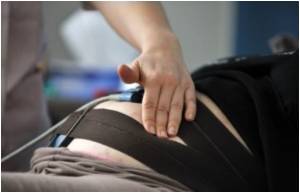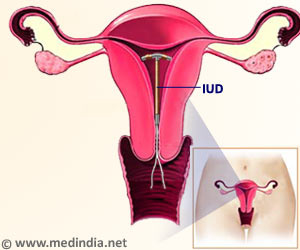A think tank has said that the involvement of GPs in the care of pregnant women in Britain has dramatically declined over the last 30 years

The report called for Britain's GPs to play a bigger role throughout pregnancy and to work more closely with midwives to provide services.
"Greater co-operation and teamworking, with a clear role for GPs, could contribute to a better standard of care for women and their families," researchers said.
More joined-up working could also help address a lack of midwives in many parts of the country, they suggested -- as long as necessary training was in place.
Anna Dixon, lead author of the report and director of policy at The King's Fund, said: "It is right that those with specialist skills, such as midwives and obstetricians, take the lead role in caring for pregnant women but GPs have a vital role to play in pre-conception and shared antenatal and postnatal care.
"So long as women turn to their GPs for care during pregnancy, GPs must ensure they have the necessary training and competencies to care or appropriately refer them."
Advertisement
"We believe there is a need to positively identify and define a role for GPs in maternity care, and to set out a model of shared care that can deliver better outcomes for women and their families," they said.
Generally doctors should be doing more to advise women before they conceive and support those who are "equivocal" about a pregnancy, the report said.
It said doctors should advise on lifestyle choices --including diet, quitting smoking and alcohol consumption -- during pregnancy, and tackle issues such as incontinence, back pain and depressions afterwards.
Belinda Phipps, chief executive of the National Childbirth Trust, believes the problem is not a lack of GP involvement but a "lack of supportive systems" for medical professionals.
"A partnership needs to emerge between the health professionals involved in the care of pregnant women, when they are well and when they are unwell," she said.
A Department of Health spokesman said GPs played a "vital role" in providing care for women and their families and said new legislation would enable them to become part of "local maternity networks".
Source-AFP















